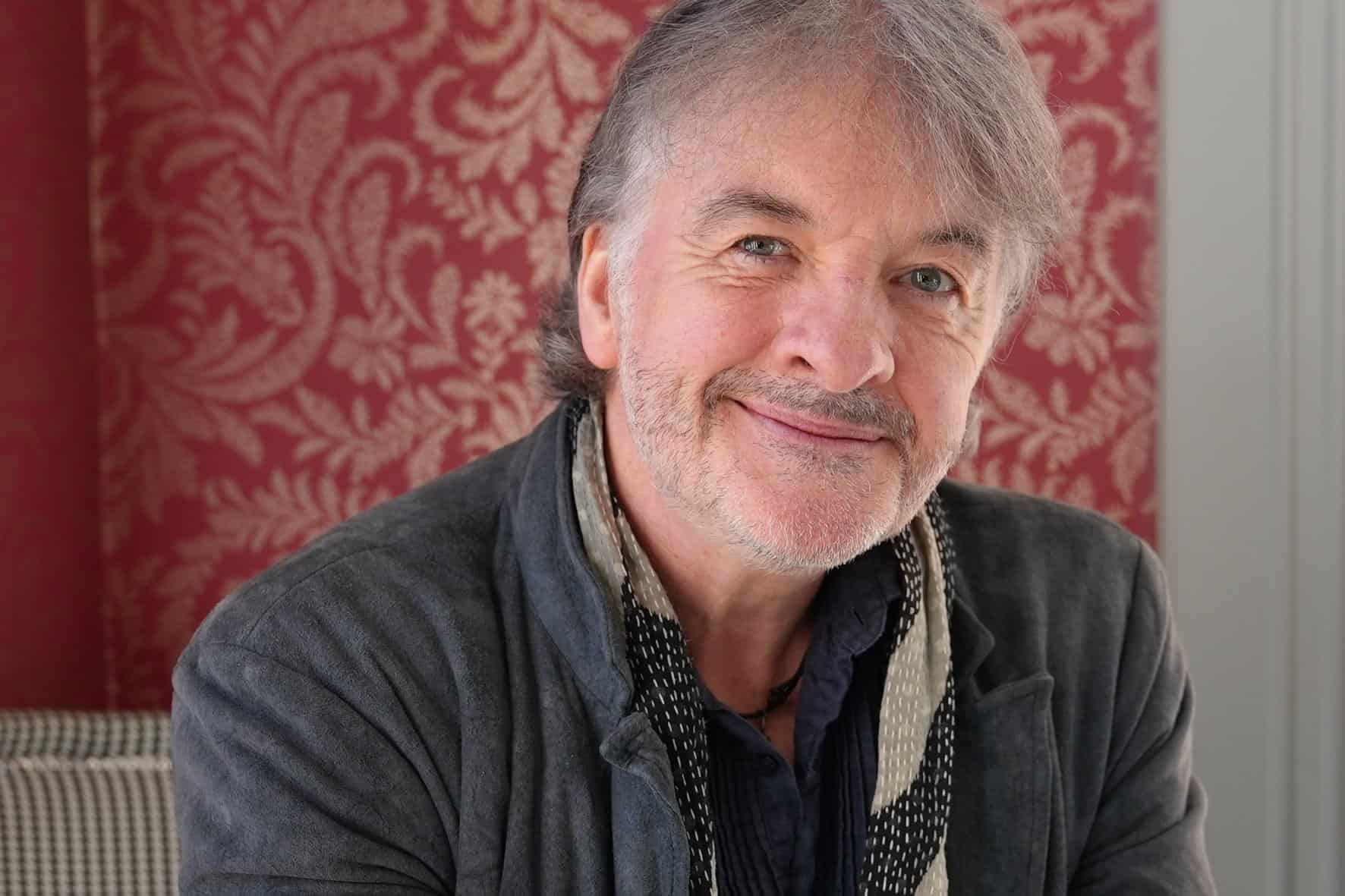Known for the Charlie Parker series, Connolly has long explored the edges of crime fiction.

Best-selling author John Connolly does not approach writing with blueprints, formulas or sticky notes that define the narrative before he even sits down to write. Most of the time he doesn’t even know how a story is going to unfold, let alone what happens in the next chapter. It’s a creative process that he lets loose on himself, and it can be, at times, exciting and others, as droll as watching paint dry.
It’s a process that works. Few authors have the ability to engage, reel in and keep readers on a knife-edge from page one to the end. Connolly can, and it’s probably because he goes through the same experience when putting pen to virgin paper.
“I am not a planner,” he said. “Also, I do not play chess. I do not have that kind of strategic mindset. Usually, what will happen is that I have the opening scene to a book, and that is what I begin with. I sit down and write what is in my head, which is usually the first thousand words. And once that’s down, I know the next thousand. But I do not know the ending. I have a vague idea of where it might go, but I could not tell you what I am going to write about tomorrow.”
Charlie Parker is crime fiction at its best
Known for the Charlie Parker series, Connolly has long explored the edges of crime fiction. His work blends the procedural with the mythic, adding shadows of the supernatural without losing its emotional realism or geographic markers. The method behind his own adventure, as he writes, is grounded in routine rather than revelation. “You have to sit down regardless of whether you feel like the things you produce work.” He said his earlier career sortie in journalism was a good training for that. “Newspapers are very unsympathetic if you come in and say, I don’t really feel like writing today, the muse is not visiting me. They’ll say, well, you can go visit the muse in the unemployment office and see whether she has anything to say to you there.”
Also Read: Jo Watson’s the Queen of steam books
The difficult thing about writing,” he said, “or doing anything creative, is that when you write the first line of something, you must psychologically commit to writing the last line. And that is hard”. He writes every day. And when the work is not going well, he sticks to smaller goals. “Some days I write a thousand words. Other days I’ll settle for three hundred. But you have to keep going. You take a day off and it is fine. Take two, and it takes an extra day to get back into it. Take a week off and it takes a week to recover. It’s a muscle.”
Character development is important to the author. There are no minor characters or throwaway personalities in his novels. Everyone who appears in the story, he said, must feel like they have a life beyond it. “We are the centre of our own universe,” he said. “Even the smallest character should feel like they’ve lived before the page and will live after it. You cannot discard people like they’re just scenery.”
He paints pictures in your mind
Connolly writes like he speaks. It’s colourful, it paints pictures in your mind, and his warmth of personality is embracing. A chinwag with him feels like you have just spent time with a long-lost friend. The kind of man where a few shared pints in a pub would create lifelong memories.
And he’s probably enjoyed a lot of conversations around the world, because Connolly visits the places he writes about and believes the detail gives his stories the kind of weight that makes the more unusual elements easier to accept. “The books have that element of the supernatural, so they require a bit more suspension of disbelief,” he said. “But if you get the landscape right, that is, if the reader can look up the places and see they’re real, then the fiction becomes harder to separate from fact.”
He said that he has never written a book he didn’t want to write. “I’ve never written because the kids needed a swimming pool or because I had a contract deadline. I write them because I want to. That matters. “All writers have one or two subjects,” he said. “For me, it is corruption. Not just of institutions, but of the human soul.”
Books sparked by something unexpected
His new book, The Children of Eve, began, like many of his novels, from something unexpected. While touring in Latin America, Connolly’s car broke down in Argentina. He missed the destination he had planned to visit and stumbled instead into a strange, macabre museum filled with archaeological fragments. “Writers are magpies,” he said. “We collect things that are shiny and interesting, even if we do not know when we’ll use them. That museum was one of those things I stored away.”
That experience became The Children of Eve. The book opens in Mexico and traces its way through to the Tennessee borderlands. It is threaded with themes of hidden histories, cultural decay and ancient belief systems that persist beneath the surface of the modern world. “Charlie Parker moves through a physical landscape, but the book also moves through a psychological one,” Connolly said. In between, the plot that’s as twisted and curvy as a good Connolly gets. “I am not trying to write the perfect book,” he said. “Just a better one than the last. That’s all I aim for.”
Now Read: Joburg’s Forgotten Movie Empire






